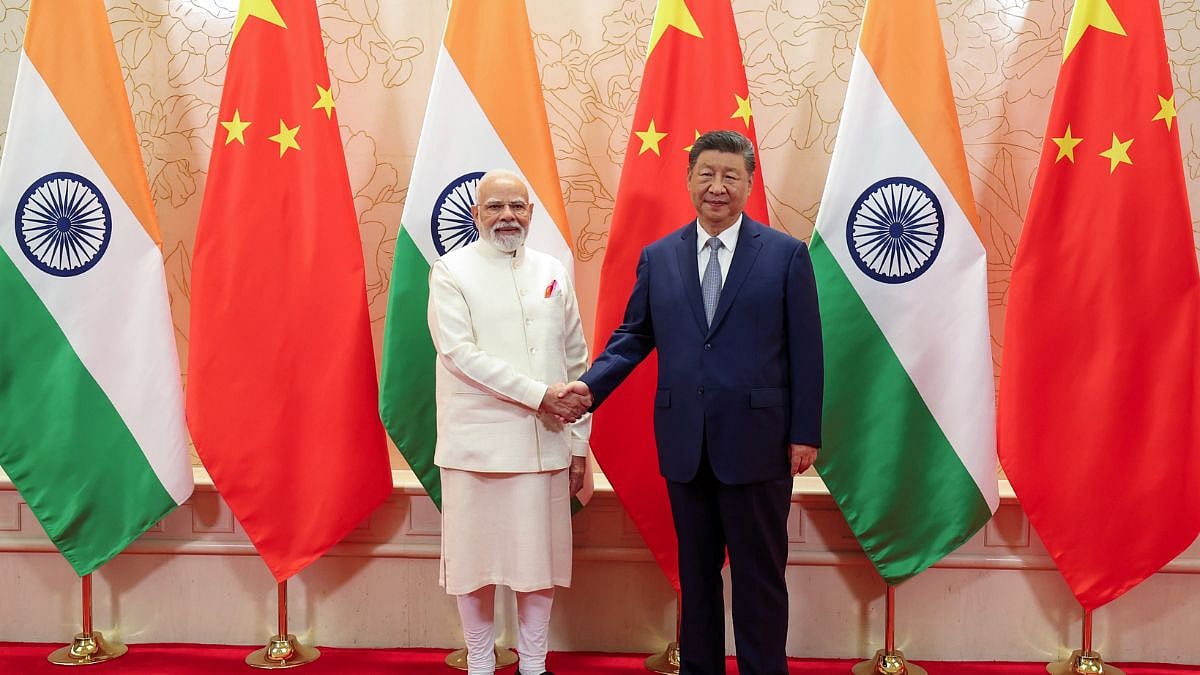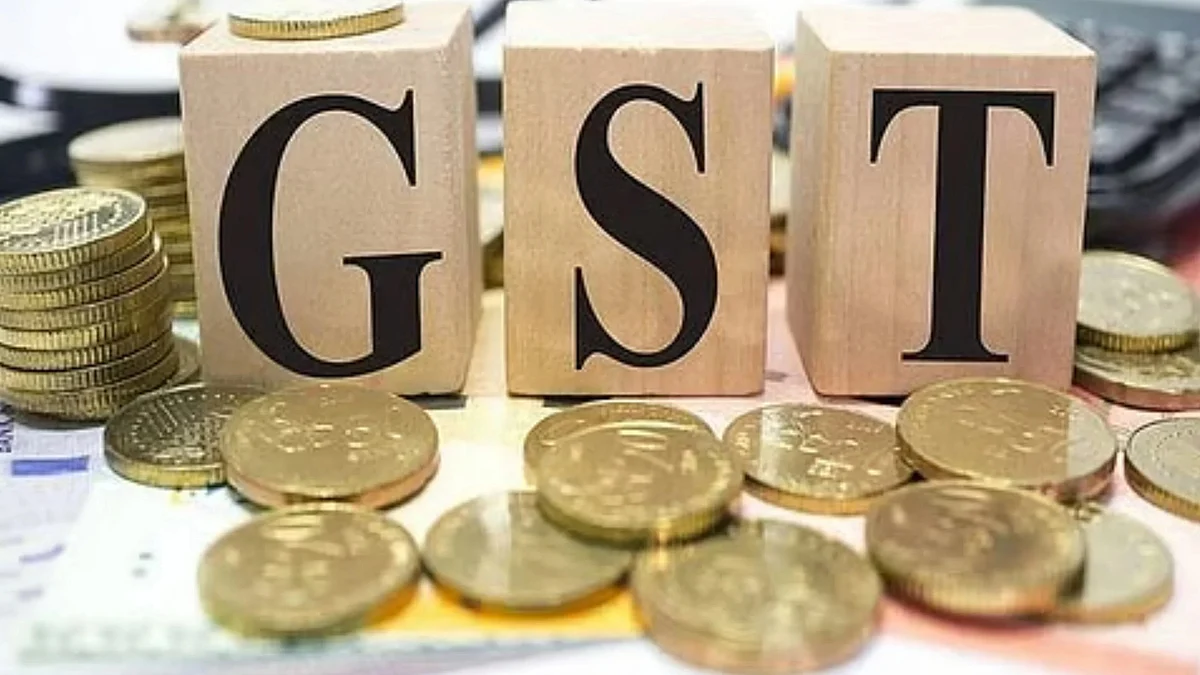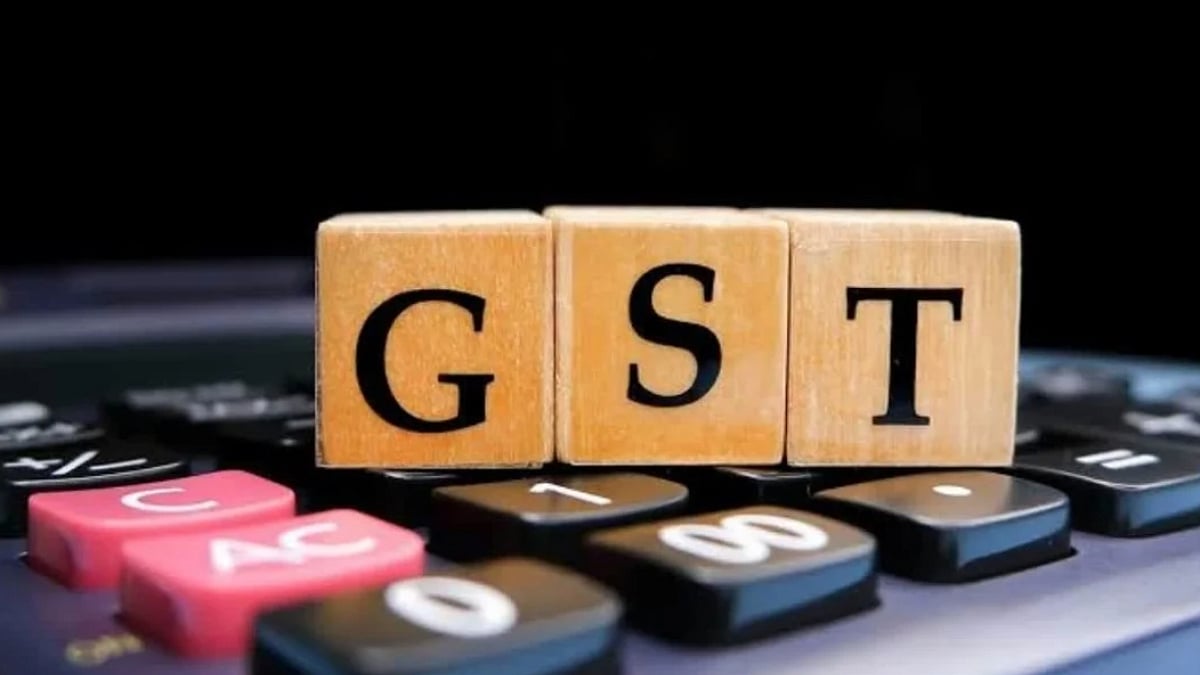If a disturbing video of heinous sexual violence against the two women on May 4 was needed to jolt the country, especially the governments in Imphal and New Delhi, into outrage and action, then it is necessary to reflect on what this says about independent and autonomous institutions mandated to address such incidents as well as citizens who have virtually no platform to fall back upon when wronged. India’s Constitution and democratic architecture provide the space for – and the authority of – a slew of independent institutions which have specific responsibilities of protecting and furthering the welfare of citizens. What happened to all of them in the past two and half months when it came to the atrocities in Manipur, including the sexual violence against the two Kuki women, which have claimed hundreds of lives and displaced at least 50,000 people?
From all accounts available, this is not a battle between equals nor is it a new and surprising one on the horizon. The tensions between the Kukis in the hilly tribal areas of the state and the dominant Meitei community in the valleys have sparked off unspeakable horrors in the past; this year has seen particularly vicious attacks, defence equipment and ammunition have been taken away with impunity and used, chief minister N Biren Singh continued in his chair despite the obvious lapses of the state police, union Home Minister Amit Shah’s visits did not help restore peace and order in the troubled region, and the Prime Minister chose to maintain a stony silence even in the face of escalating tensions and violence. This situation called for other pillars of our democratic architecture to step in and signal to the government that they were being watched, that voices of aggrieved citizens would not be stifled.
The Supreme Court, which took suo moto notice of the viral video, was not as moved by equally horrific stories which trickled in earlier such as that of an eight-year-old boy who was burnt alive in an ambulance with his mother and another relative when he was being taken to a hospital after being hit by bullets fired by the majority community nearly six weeks ago. It is pertinent to ask if the governments in Imphal and New Delhi would have sent the signals they did this week had they been on the SC radar then. President Droupadi Murmu, a tribal and a woman, chose silence in keeping with the position she occupies. But do unusual situations, especially that the government is not seized of, not call for unusual measures from the very top?
Still, the President and the apex court should be the last ports of call for citizens. There are other institutions which fell silent or looked the other way. What can be said of the union Ministry of Women and Child Development whose minister posted an expected tweet on the sexual violence video and urged the chief minister to act – after the public outrage? At the level of a union minister, minister Smriti Irani should have tracked the violence against women and children in a conflict zone and shown alacrity or pre-emptive behaviour knowing their vulnerability in any conflict. But would she do their bounden duty when the signals from the very top were of silence, of looking the other way? In keeping her silence, Irani dodged her constitutional responsibilities.
The sexual violence incident occurred in Kangpokpi district and the women have spoken about the deliberate inaction of the police force that was on or near the spot. The FIR was not registered till June 21 and the arrests happened only after the video went viral triggering widespread public outrage and international attention. The National Commission for Women held its silence despite receiving a complaint, according to reports, as long back as June 12 filed by two activists and a tribal rights body. Yet, this Commission serviced by the public exchequer was quick to demand that Twitter take down the viral video and demanded that the state DGP take prompt and appropriate action. What were the NCW and chairperson Rekha Sharma doing all this time? Similarly, the National Commission for Scheduled Tribes has been caught napping though its mandate includes the power to monitor and investigate incidents against tribals.
The two women suffered untold miseries that day – and since. As have hundreds of Dalit and tribal women against whom sexual violence is routinely committed by the powerful. When governments fall woefully short, the check-and-balance ought to come from the institutions specifically mandated to fill the gaps. When these too retreat into convenient silences, when the powerful choose silence against atrocities, what door should the victims knock? The collapse of institutions is not a myth, it is real and it hits citizens hard.











